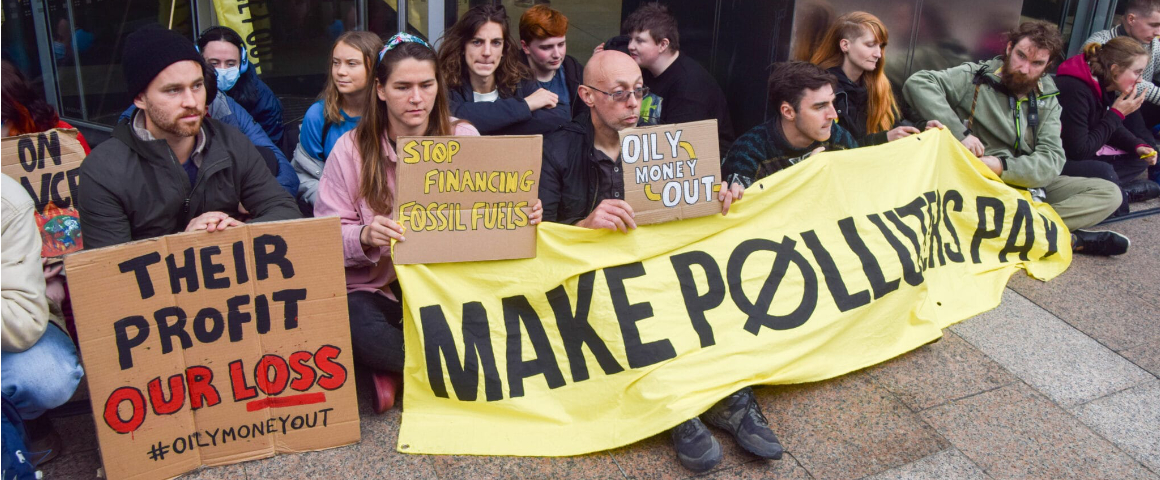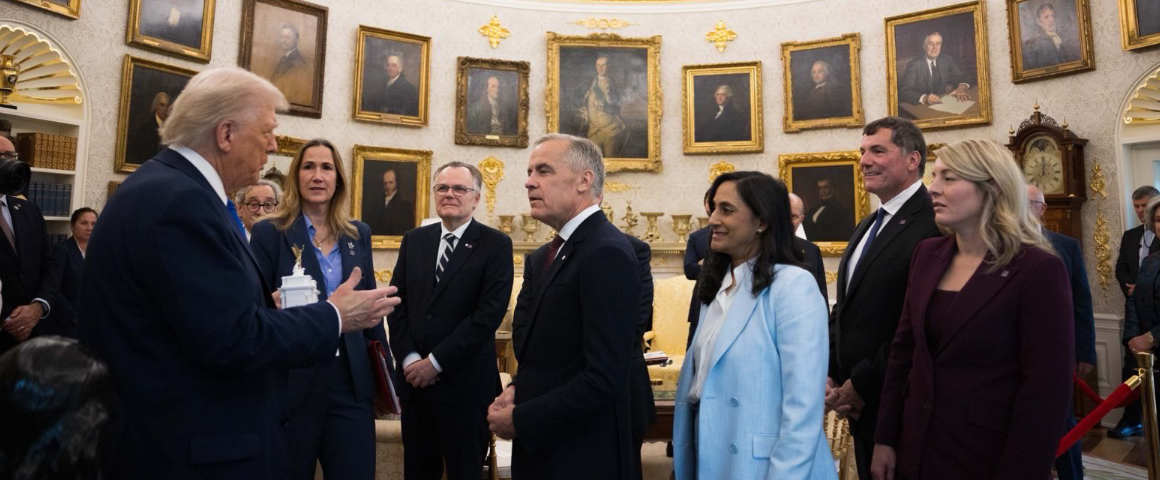By Anna Pha
Climate change is here, now, with catastrophic weather events impacting every continent and ocean. Time is running out to save humanity, yet the climate change conference held in Dubai in December 2023 is noteworthy for its failure to adopt the necessary concrete measures and commitments to limit global warming to 1.5°C above pre-industrial levels by 2100 as dictated by science.
2023 was the warmest year on record with impacts from climate change rapidly accelerating.
“We reference the science throughout the [final] text … but then we refrain from an agreement to take the relevant action in order to act in line with what the science says we have to do,” the Alliance of Small Island States (AOSIS) statement said in its closing statement to the 28th annual conference of the parties to the UN Framework Convention on Climate Change (COP28).
Incredibly, since the first climate talks in 1992, COP28 is the first time the contribution of fossil fuels to climate change has been acknowledged. Even then, the final text made no reference to phasing out fossil fuels.
Government representatives from nearly 200 countries participated. More than 100,000 registered delegates including youth, Indigenous people and environmentalists took part, as did a record number of more than 2000 representatives of fossil fuel companies.
A reading of the decisions reveals how deeply these powerful fossil fuel companies have succeeded in exerting pressure on the governments of major fossil fuel producing and consuming countries.
The final text is riddled with contradictions that render it almost ineffective. For example, parties to the Convention pledged to triple renewable energy capacity globally and double the global average annual rate of energy efficiency improvements by 2030. At the same time the text permits the expansion of fossil fuel production.
The key document is a “global stocktake” of progress so far in reducing greenhouse gas emissions since the Paris Agreement in 2015, and of what needs to be done.
The world is not on track to limiting the temperature rise to 1.5°C by the end of this century. It is currently headed towards a catastrophic warming of 2.9°C.
The stocktake emphasizes the need for urgent action to keep the 1.5°C goal within reach and to address the climate crisis in this critical decade.
License to continue fossil fuel subsidies
Some progress has been made with the previous expected global temperature increase of 4°C, now around 2.8°C – if countries fulfil their commitments. At present they are not on track to do so.
Emission levels in 2030 are projected to be 5.3 percent lower than in 2019. That figure needs to be 43 percent.
The stocktake recognizes the need for deep, rapid and sustained reductions in global greenhouse gas emissions of 43 percent by 2030 and 60 percent by 2035 relative to the 2019 level while reaching net zero carbon dioxide emissions by 2050. The rest of the text does not support these targets.
It calls for: “Phasing out inefficient fossil fuel subsidies that do not address energy poverty …”
What would an efficient fossil fuel subsidy look like? This licenses governments to continue subsidizing fossil fuels. Globally, fossil fuel subsidies were $7 trillion in 2022 – a $2 trillion increase since 2020.
The text also calls for: “Accelerating efforts towards the phase-down of unabated coal power.”
Phase-down is not the same as phasing out. It implies only a reduction, not elimination.
The reference to “unabated coal power” is essentially a license for business as usual and new projects, with the use of as-yet unproven, undefined abatement methods such as carbon capture and storage technology to remove CO₂ emissions before they hit the atmosphere.
The stocktake recognizes “that transitional fuels can play a role in facilitating the energy transition while ensuring energy security.”
The text doesn’t name the “transitional” fossil fuels, leaving it wide open to abuse. It legitimizes the role of climate-damaging gas in the transition without providing a timeline or limits on expansion of the sector.
No wonder the fossil fuel companies were happy with the outcomes!
“Transitioning away from fossil fuels in energy systems, in a just, orderly and equitable manner, accelerating action in this critical decade, so as to achieve net zero by 2050 in keeping with the science.”
The question of transitioning in an “equitable manner” refers to the protection of workers in fossil fuel industries and the needs of developing and least developed countries.
World Bank to be paid one-quarter of Loss and Damage Fund
A new Loss and Damage Fund was established to address immediate climate impacts on vulnerable communities. Wealthy nations that are responsible for most of the emissions have pledged $700 million (USD) so far. The US’s contribution, a paltry $24.5 million, is a slap in the face of the world community, considering its historical role as the world’s largest greenhouse gas emitter and its immense wealth.
The $700 million pledged so far by wealthy, high-emitting nations to compensate the poorest and least culpable countries for climate impacts amounts to 0.2 percent of the annual cost of climate destruction.
“Loss and damage is not charity, it is a matter of justice,” Kausea Natano, Prime Minister of Tuvalu said.
Despite opposition from developing countries, the World Bank will administer the fund, reportedly at a fee of 24 percent – meaning one in four dollars will never make it to the countries in need! These countries are already saddled with huge World Bank and IMF debts.
Wealthy countries have also made new pledges to other funds for adaptation and mitigation, technology for transition to renewables, and other needs of developing countries, which fall far short of what is required. The use of private capital is promoted.
Military gets trillions while adaptation gets short shrift
The amounts pledged are peanuts compared with the needs.
The adaptation finance needs of developing countries are estimated at $215–387 billion annually up until 2030. Only $188 million was pledged.
Adaptation is critical and urgent. It involves making changes to accommodate the hotter climate and lessen its effects. COP28 emphasized the importance of adaptive capacity, strengthening resilience and reducing vulnerability.
Around $4.3 trillion per annum needs to be invested in clean energy up until 2030 but so far only $6.8 billion has been pledged.
There is no sign of that huge shortfall being closed, which demonstrates the lack of serious commitment by wealthy countries bought off by fossil fuel corporations.
In total $85.1 billion has been committed to the various funds. Historically not all countries have delivered on their commitments.
Compare this to the $2.2 trillion gifted in 2022 to the largest global polluters – the military industrial complex – to be used in environmentally polluting and destructive wars.
COP28 will not deliver the deep and urgent emission reductions required, leaving humanity on an accelerating path to self-destruction. Increased feet-on-the-ground grassroots action is crucial.
Guardian (Australia)
Support socialist media!
If you found this article useful, please consider donating to People’s Voice or purchasing a subscription so that you get every issue of Canada’s leading socialist publication delivered to your door or inbox!
For over 100 years, we have been 100% reader-supported, with no corporate or government funding.




